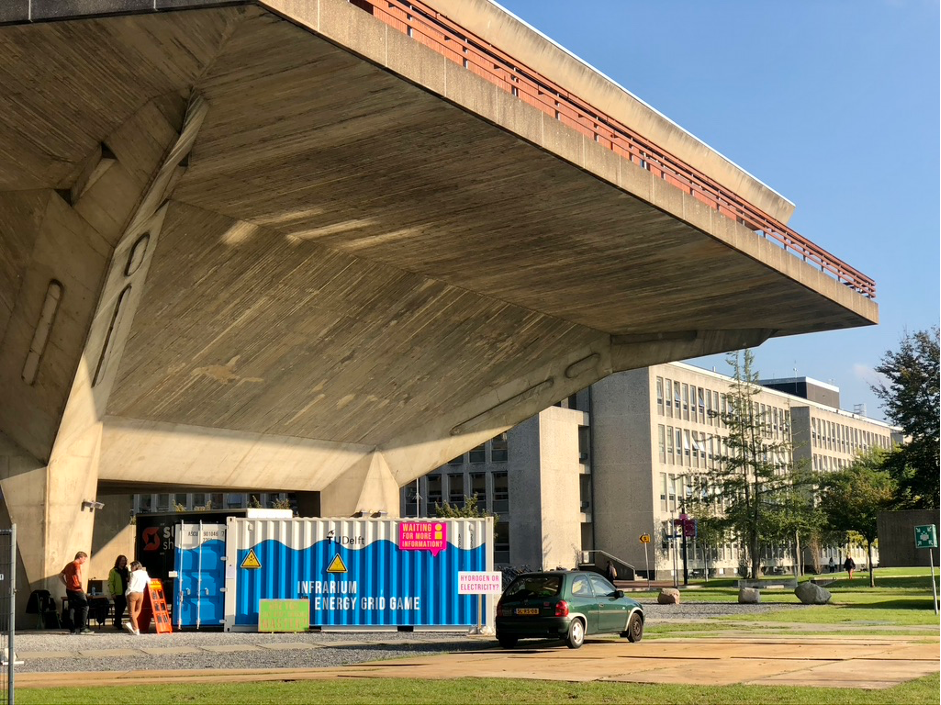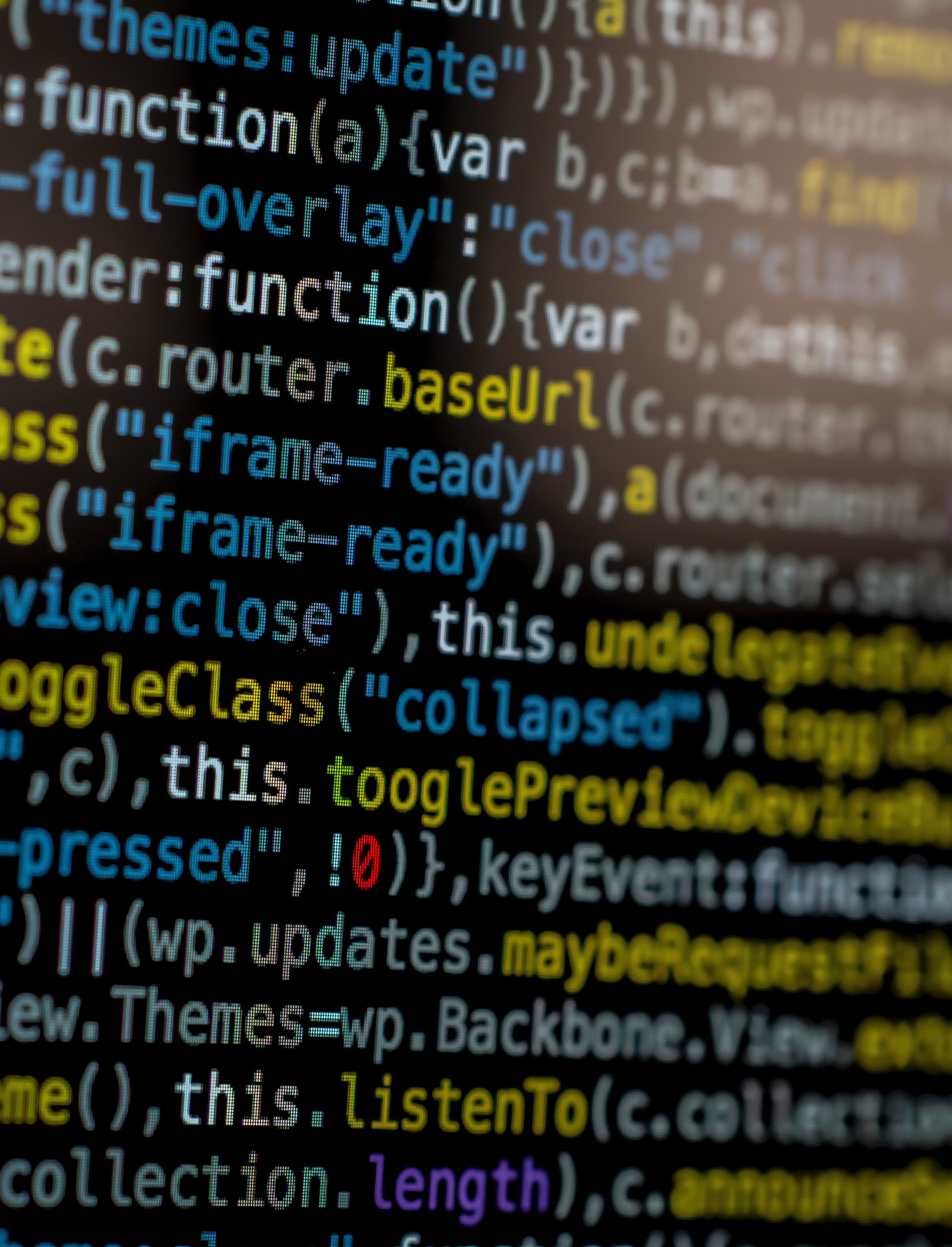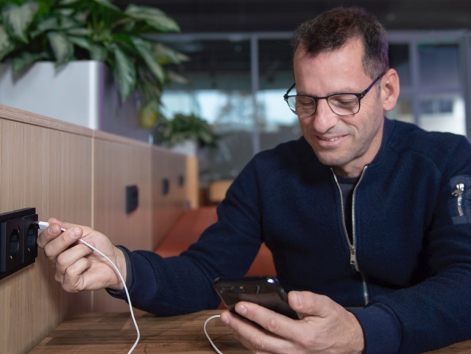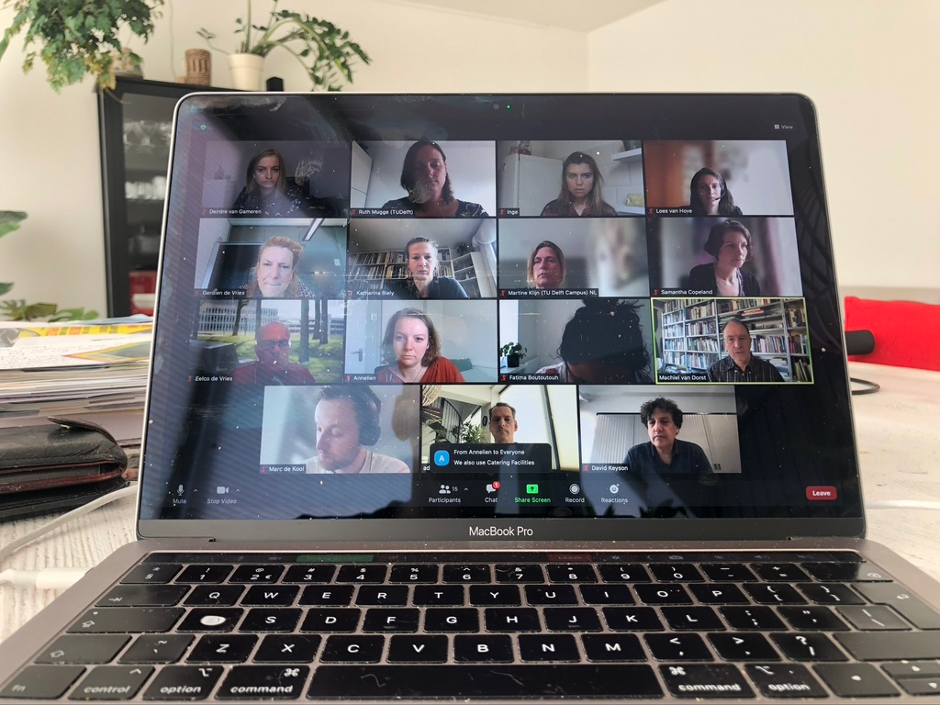Everyone who works or studies at TU Delft uses information and communication technology IT), artificial intelligence (AI), and data in one way or another, and likely more in the future. IT, AI and Data Management use a lot of energy but can be used as an enabler of making the campus smarter and more energy efficient.
There are three important points where gains can still be made: computation processing, waste heat usage, and server management. The IT, AI and Data Management team works on how to establish this.

Making the campus smart
The usefulness of IT, AI and Data Management should also be increased. To realise this, the university needs sufficient measuring tools, and storage to run the algorithms. IT, AI and Data Management will not only be used to make processes more energy efficient; it will also be used to measure carbon emissions and make the carbon footprint of TU Delft visible.
Facilitating smart work
TU Delft is going to improve the IT and AI techniques to facilitate education and working from home, especially after Covid19. Beside using these techniques for education, the university is also going to link research projects to student work. In addition, we are also looking into a hand-in policy for e-waste.

Better programming
TU Delft is working on education on sustainable software engineering, educating and deploying conscious programmers who make energy-efficient codes and software. Next to teaching students to become sustainable programmers, students and staff need to become aware of the relation between their daily actions in our behaviour and their relation to energy usage and carbon emission. Only then, staff and students can realise the importance of their daily behaviour and see that it is them who can make a change.



